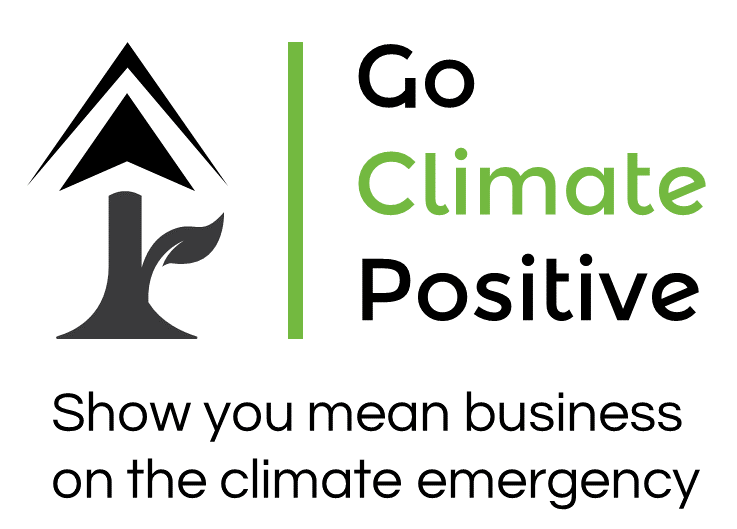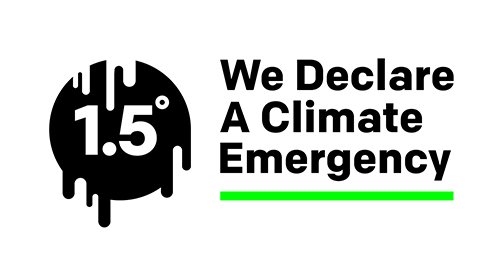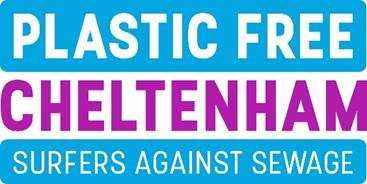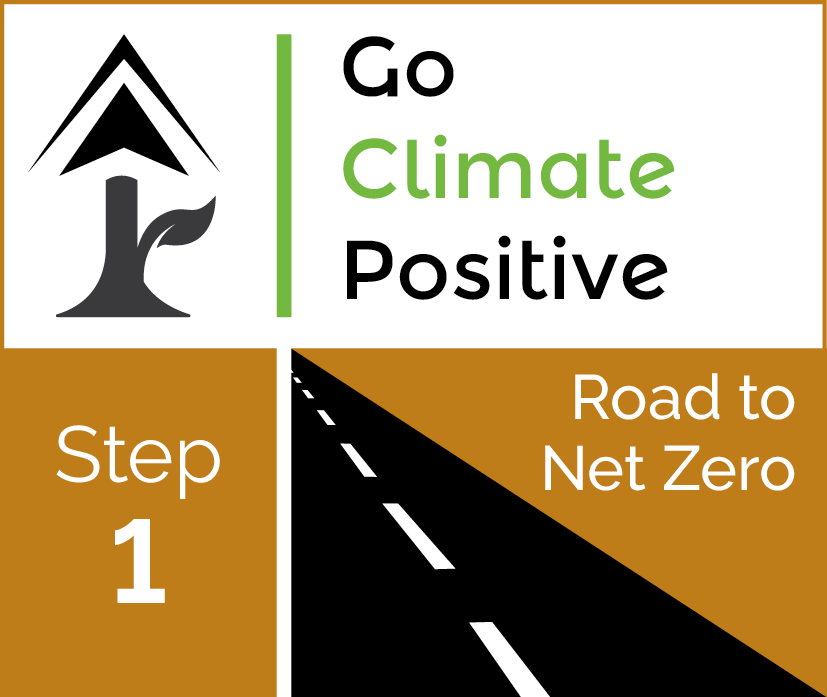Send a message 0333 344 5890 |
- Home
- Knowledge
- Learning Hub
- Is it good to be a Carbon Neutral business?
Is it good to be a Carbon Neutral business?
Note: We have recently changed our position on Carbon Neutrality vs Net Zero. Please read the article From Carbon Neutral to Net Zero" for details (March 2024).
|
What does it mean to be a carbon neutral business? Why are some people sceptical of claims of carbon neutrality? Is being carbon neutral always a good thing?This article will explore these issues and explain how to do carbon neutrality the right way. |
What is a carbon neutral business?
A carbon neutral business is one which has calculated its annual greenhouse emissions and "offset" or "balanced" their impact on the climate by investing in projects designed to save an equivalent amount of greenhouse gases somewhere else. In this way it seeks to have a neutral impact on global warming.
Sounds simple doesn't it? In practice there are a several things to look out for when assessing a claim of carbon neutrality:
1. Have ALL the businesses emissions been accounted for?- The standards for carbon neutrality allow a business to decide which emissions to include and which to exclude from the claim. This means that it is very common for businesses to claim carbon neutrality for only a part of their emissions (even with some well-established certification programmes).
- Words to watch out for include "we are carbon neutral for scopes 1 & 2", "we have calculated our operational emissions", "we have not calculated our full scope 3 emissions" or "we are working towards calculating the emissions from our full value chain". All these mean that the business has not yet calculated it's full carbon footprint. This does not necessarily mean that the business is greenwashing. It can be complex and difficult to calculate the full carbon footprint of a business, especially one that has a complex supply chain. However, the business should be very clear and upfront about what it has and particularly what it has not included when making a claim about carbon neutrality AND how it is going to fill the gaps in its calculation.
- Done well, balancing your carbon through offsetting is a good way to support the overall goal of reducing greenhouse gas emissions, however of even more importance is making year-on-year reductions in the emissions your business makes. There will never be enough offsetting projects or space to plant enough trees to offset all our emissions so it is vital that all businesses focus first on reducing and eliminating the emissions they make. At Go Climate Positive we use the mantra, "Reduce what you can, offset the rest" as a reminder to keep the focus on carbon reductions.
- Carbon reductions are VERIFIABLE, correctly accounted for and not double counted.
- Reductions are ADDITIONAL, in other words they would not have happened if the offsetting activity had not taken place.
- Measures should be put in place to ensure that reductions are NON-REVERSIBLE (eg. if tree planting is used, how is it ensured that they will not be cut down in the future?)
- Care should be taken to avoid UNINTENDED NEGATIVE CONSEQUENCES, whether to natural systems or to people and societies.
How do you do carbon neutral right?
1. Get the basics of carbon neutrality right:- Include ALL the emissions of your business (scopes 1, 2 and 3). If you are not able to calculate them all today, have a plan that will allow you to do so as soon as possible.
- Maintain your focus on carbon reduction first and foremost. Your goal should be to reduce your offsetting to a minimum over time (or even to zero if possible).
- Follow the best practice guidelines for offsetting, making sure any offsetting purchased is; verifiable, additional, non-reversible and avoids unintended consequences.
Your climate strategy should be an integral part of your business strategy, not a "bolt-on" to assuage your conscience. This means you should think about why your business wants to be carbon neutral, how does it fit into your wider strategy and whether it is the best approach for your business. Here are some things to consider:
- How will being carbon neutral help engage your customers and/or your employees with your efforts to reduce your impact on climate change?
- What types of offsetting projects do you want to support and how will they help drive the purpose of your organisation?
- Is investing in offsetting the best way for you to reduce your impact or would it be better to invest the money in energy efficiency measures?
3. Recognise that being carbon neutral doesn't "solve" your impact on the climate
Carbon neutrality is a useful tool in the box to help combat climate change. However, it is just one tool, and it is important to avoid the pitfall of thinking that because you have achieved carbon neutrality you can "tick the climate box and move on". What is most important is to put in place a systematic process for continually understanding, evaluating, reviewing and reducing all your greenhouse gas emissions. This will help ensure that your claims of carbon neutrality are not at risk of accusations of "greenwashing" but more importantly it will help instil a "low-carbon mindset" into your business, which is what is needed to make a permanent positive impact on the climate and prepare your business for the coming low-carbon economy.
Carbon neutrality is just one step on a journey...
Becoming carbon neutral is undoubtedly a good thing to do, if you follow the guidelines in this article and do it well. However, it is important to remember that it is one step in a journey towards rebuilding our relationship with the environment and creating a better way of doing business that helps all people and the planet regenerate and thrive.
Go Climate Positive can help guide you along this journey. Book a conversation with me today to make a start.
Written by Eoin McQuone

Eoin (pronounced like "Ian") is the Chief Carbon Coach and founder of Go Climate Positive. He is a Practitioner member of IEMA (the Institute of Environmental Management) and a sustainability lead on the Cheltenham Economic Recovery Task Force.
Eoin says, "Sustainability is no longer a 'nice to do', it is business critical. My goal is to make it accessible and affordable for every business, however big or small , no matter their market sector."





